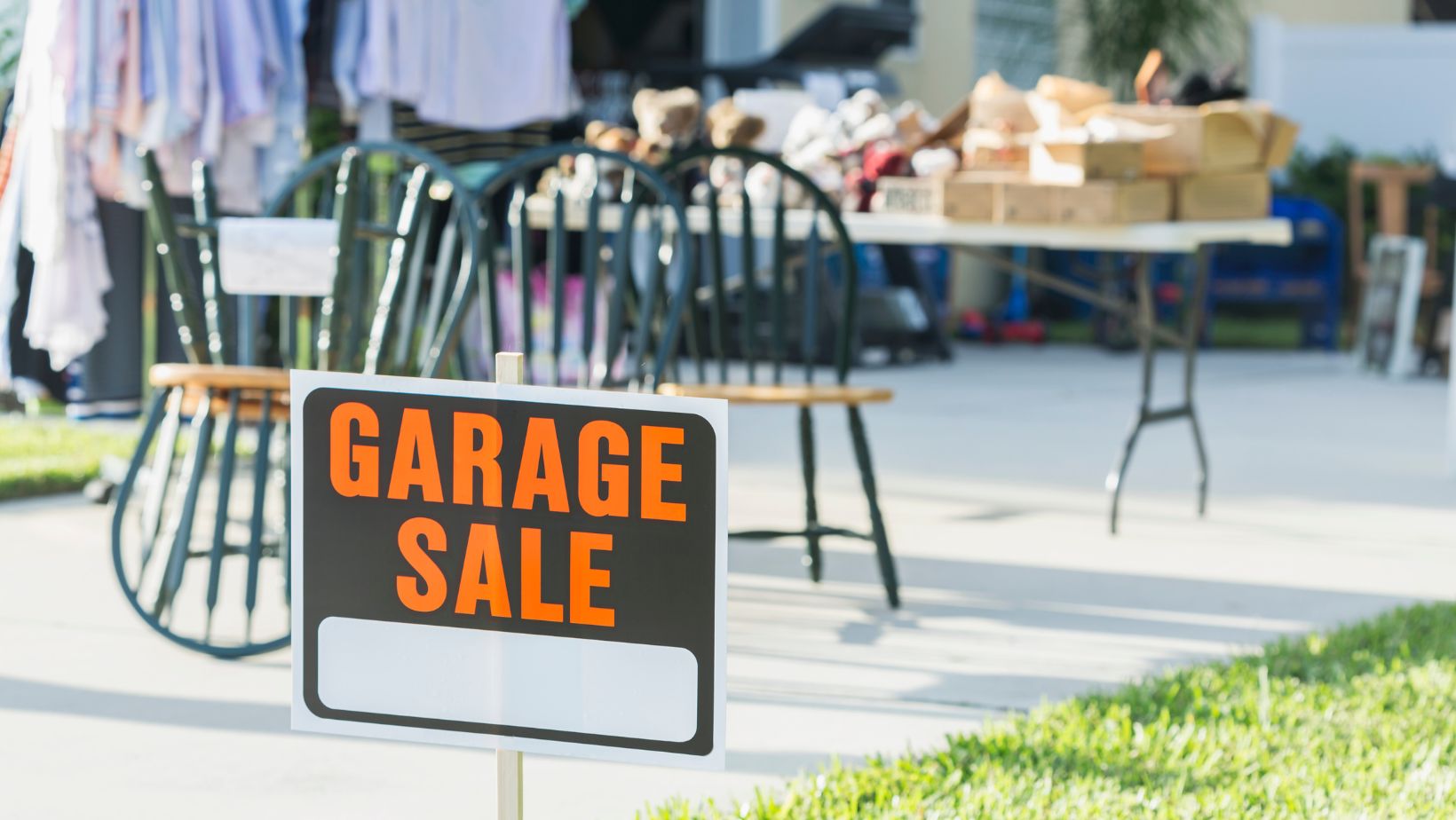Table of Contents
ToggleWhere Do I Get a Permit for a Garage Sale
Are you wondering where to get a permit for your upcoming garage sale? Look no further! In this article, I’ll guide you through the process of obtaining a permit so that you can organize your sale with confidence and peace of mind.
When it comes to garage sales, some cities or municipalities require individuals to obtain a permit before hosting one. These permits not only ensure compliance with local regulations but also help manage the number of sales taking place in an area. To find out if you need a permit, start by checking your city’s official website or contacting the local government office responsible for issuing permits.
Step-by-Step Guide to Obtaining a Garage Sale Permit
What is a Garage Sale Permit?
Before diving into the process of obtaining a garage sale permit, let’s first understand what it actually entails. A garage sale permit is a legal authorization granted by your local government that allows you to hold a temporary sale on your property. It is essentially a way for authorities to regulate and ensure that these sales are conducted in compliance with relevant laws and regulations.
Why Do You Need a Garage Sale Permit?
You might be wondering why obtaining a garage sale permit is necessary in the first place. Well, there are several reasons why local governments require individuals to obtain permits before hosting garage sales. Let’s take a look at some of the key reasons:
- Regulation: By requiring permits, authorities can regulate the frequency and duration of garage sales within their jurisdiction. This helps prevent excessive noise or traffic congestion in residential areas.
- Consumer Protection: Permits ensure that sellers adhere to certain standards, such as accurately representing the items being sold and not engaging in fraudulent practices. This helps protect buyers from scams or purchasing faulty goods.
- Revenue Generation: In some cases, local governments charge fees for issuing garage sale permits, which contribute to their revenue stream for community services and maintenance.

Understanding Local Regulations for Garage Sales
When it comes to hosting a garage sale, it’s important to be aware of the local regulations that govern such events. These regulations vary from one city or town to another, so it’s crucial to do your research beforehand. Here are a few key points to keep in mind:
- Check with your local government: Start by contacting your city or town hall to inquire about any permits or licenses required for holding a garage sale. They will be able to provide you with specific information regarding the rules and regulations in your area.
- Permit requirements: Some municipalities may require you to obtain a permit before hosting a garage sale. This typically involves filling out an application form, paying a fee (if applicable), and providing details such as the date(s) of the sale and its location.
- Time restrictions: Certain cities may impose time restrictions on garage sales, limiting how long they can last or specifying specific hours during which they are allowed. Make sure you are aware of these limitations and plan your sale accordingly.
- Signage guidelines: In many areas, there are rules concerning signage for garage sales. This could include restrictions on the size, placement, and duration of signs advertising your sale. Familiarize yourself with these guidelines to avoid any potential issues.
- Noise regulations: Keep in mind that noise ordinances might apply during your garage sale event as well. Be mindful of playing loud music or causing disturbances that could disrupt the peace in your neighborhood.
Remember, compliance with local regulations is essential not only for avoiding penalties but also for maintaining good relations with your neighbors and community members. By following these guidelines, you can ensure a smooth and hassle-free experience while hosting your next garage sale.





